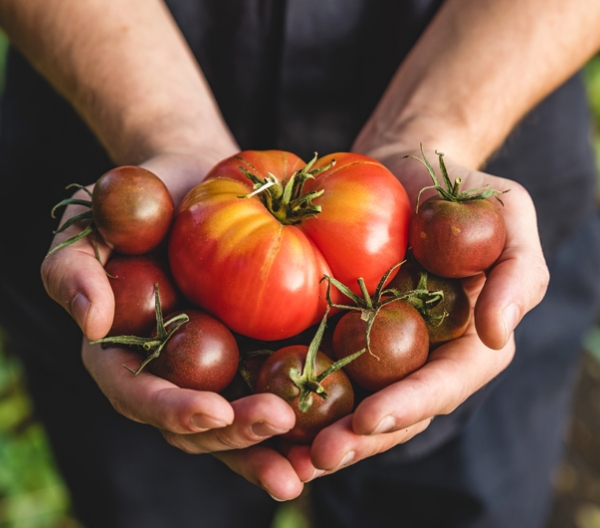Peter's Memo: Protecting kids, too
In Nutrition Action, we largely focus on adults’ health. But at the Center for Science in the Public Interest, we also fight for the youngest, most vulnerable. Here are some recent examples.
Lead in juice
Even low levels of lead can cause permanent damage to the developing brain. Yet the FDA recently proposed “action levels” that allow juices to contain too much.
While the proposed limits are lower than current levels, they’re based on what the industry can achieve—that is, they were set so that roughly 95 percent of juices currently on the market would meet the limits.
That’s backward. As we told the FDA, the agency should set action levels that protect our children, not the juice industry.
The FDA acted after two Congressional reports found that some baby foods contain toxic metals like lead, arsenic, cadmium, and mercury. So we can expect more “action levels” from the feds. Surely, they can do better.

Healthier kids’ meals
Restaurant meals shouldn’t train kids to crave junk food. With our help, cities, counties, and states are passing legislation to ensure healthier meals.
For example, Maryland’s Montgomery County will require restaurants serving kids’ meals to offer at least one meal that meets nutrition standards and has at least two of the following: a non-fried vegetable or fruit, a whole grain, or a lean protein.
And states including California, Delaware, Hawaii, and Illinois and cities including Cleveland, New York, Philadelphia, and St. Louis now require that the “default” kids’ meal beverages be healthier options, not soda.
Our school meals corporate “report card”
Thanks to the Healthy, Hunger-Free Kids Act, which CSPI championed in 2010, food companies have limited salt and have added whole grains in the foods they sell to schools.
As a result, schools can now choose from plenty of good, wholesome foods. But our 2021 report card found that some companies still sell unhealthy foods.
For example, Foster Farms makes a cheese, beef, & bean burrito for schools with 850 mg of sodium, but it also makes a cheese & bean burrito with just 400 mg. And Yoplait makes a yogurt for schools with 11 grams of added sugar, but it also makes one with just 5 grams.
Dessert for school breakfast?
Companies sell schools individual containers of Lucky Charms and Marshmallow Mateys cereals and pouches of Frosted Cinnamon Pop-Tarts that have as much added sugar as a Hostess CupCake, Butterfinger bar, or 6 Oreo cookies.
That means 19 to 30 grams (4½ to 7 teaspoons) each. Yet an 8-year-old child who consumes 1,400 calories a day should get no more than 8 teaspoons of added sugar all day, according to the government’s guidelines.
Our campaign is asking the public to urge General Mills, Kellogg, and Post to curb added sugar in the foods they make for school breakfasts. To join us, click here.
We’ll keep pushing for those and other measures that get kids off to a healthy start.
Continue reading this article with a NutritionAction subscription
Already a subscriber? Log in
More on kids' health
What’s in season: November produce guide
Healthy Eating
By M.M. Bailey

The Teal Pumpkin Project: Have an allergen-free Halloween
Healthy Kids

Titanium dioxide is lurking in these Halloween candies
Food Additives

Dietary Guidelines should be led by science—not politics
Government Accountability
By Mary Story

What’s in season: October produce guide
Healthy Eating
By M.M. Bailey


SUPPORT CSPI
More ways to give
Hungry for change? CSPI offers numerous ways to give—choose the one that's right for your financial circumstances. No matter how you choose to contribute, your tax-deductible gift will fuel the fight for safer, healthier food.

